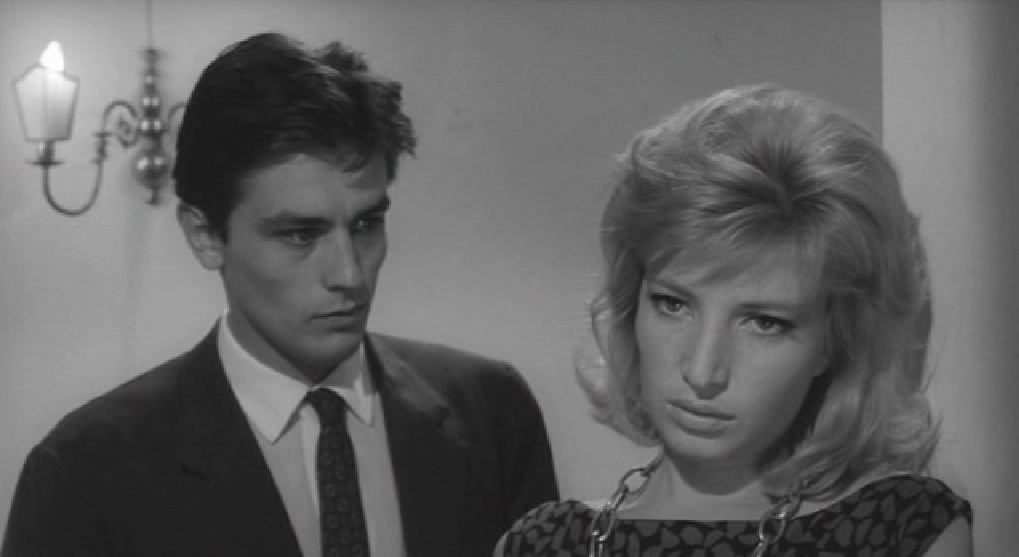meatthesavages.com – Michelangelo Antonioni’s L’Eclisse (1962) is a cinematic masterpiece that delves into the depths of human connection and disconnection in the modern world. This Italian film, part of Antonioni’s celebrated trilogy that includes L’Avventura (1960) and La Notte (1961), is a poignant exploration of love, loss, and the pervasive sense of alienation that characterizes the mid-20th century.
A World of Disillusionment
Set in Rome during the early 1960s, L’Eclisse follows Vittoria (Monica Vitti), a young woman who has recently ended a relationship with a writer, Riccardo (Francisco Rabal). As she navigates the complexities of her emotions, she becomes involved with Piero (Alain Delon), a stockbroker who embodies the materialism and superficiality of the era.
The film’s narrative unfolds slowly, with long, contemplative scenes that focus on the characters’ interior lives rather than external action. Antonioni’s signature style, characterized by long takes, precise camera movements, and sparse dialogue, creates a sense of detachment and emotional distance. The characters often seem lost in their own thoughts, unable to connect meaningfully with each other or the world around them.
The Urban Landscape as a Metaphor
The urban landscape of Rome serves as a powerful metaphor for the characters’ psychological states. The city’s modern architecture, with its clean lines and impersonal spaces, reflects the alienation and fragmentation of human relationships. The film’s iconic opening sequence, set in a stark, minimalist apartment, establishes the tone of emotional detachment that pervades the entire narrative.
The stock exchange, where Piero works, is another significant setting that underscores the film’s themes. The frenzied activity and impersonal nature of the trading floor mirror the characters’ own restless pursuit of meaning and connection. The constant fluctuations of the market symbolize the uncertainty and instability of human relationships.
The Eclipse of Love
The title of the film, L’Eclisse (The Eclipse), refers to the gradual fading of love and intimacy between the characters. As Vittoria and Piero spend more time together, they become increasingly distant and disconnected. Their conversations are often stilted and superficial, and their physical encounters lack passion and depth.
The film’s climax, a long, wordless scene set in a dimly lit cafe, is a powerful depiction of the impossibility of true connection. Vittoria and Piero sit across from each other, their faces illuminated by the flickering light of a cigarette. Despite their proximity, they remain worlds apart, unable to bridge the chasm between them.
A Timeless Exploration of Human Loneliness
L’Eclisse is a timeless exploration of the human condition, a meditation on the fragility of love and the enduring nature of loneliness. Antonioni’s masterful direction, combined with the stunning cinematography of Carlo Di Palma, creates a visually striking and emotionally resonant film. The film’s impact lies not in its plot or character development, but in its ability to evoke a profound sense of melancholy and existential dread.
L’Eclisse continues to resonate with audiences today, as its themes of alienation, disconnection, and the search for meaning remain relevant in our increasingly fragmented world. It is a testament to Antonioni’s enduring legacy as one of the greatest filmmakers of the 20th century.
